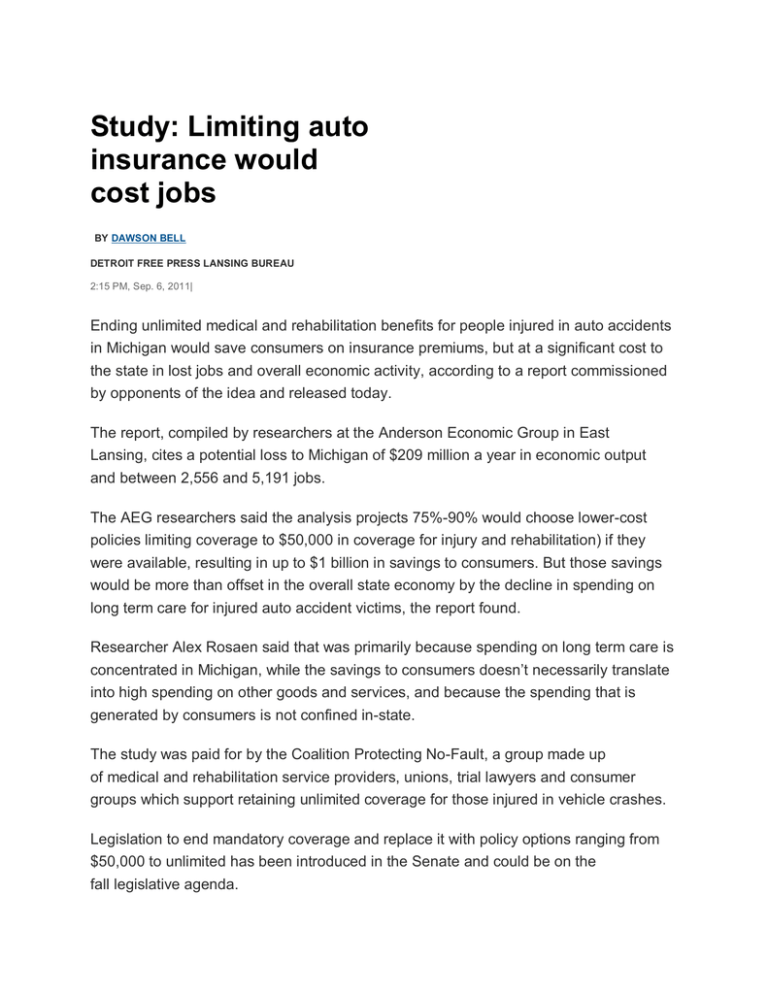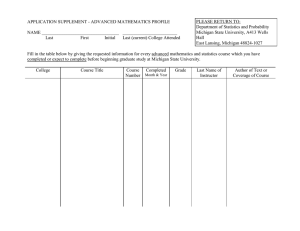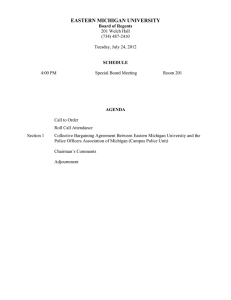Study: Limiting auto insurance would cost jobs
advertisement

Study: Limiting auto insurance would cost jobs BY DAWSON BELL DETROIT FREE PRESS LANSING BUREAU 2:15 PM, Sep. 6, 2011| Ending unlimited medical and rehabilitation benefits for people injured in auto accidents in Michigan would save consumers on insurance premiums, but at a significant cost to the state in lost jobs and overall economic activity, according to a report commissioned by opponents of the idea and released today. The report, compiled by researchers at the Anderson Economic Group in East Lansing, cites a potential loss to Michigan of $209 million a year in economic output and between 2,556 and 5,191 jobs. The AEG researchers said the analysis projects 75%-90% would choose lower-cost policies limiting coverage to $50,000 in coverage for injury and rehabilitation) if they were available, resulting in up to $1 billion in savings to consumers. But those savings would be more than offset in the overall state economy by the decline in spending on long term care for injured auto accident victims, the report found. Researcher Alex Rosaen said that was primarily because spending on long term care is concentrated in Michigan, while the savings to consumers doesn’t necessarily translate into high spending on other goods and services, and because the spending that is generated by consumers is not confined in-state. The study was paid for by the Coalition Protecting No-Fault, a group made up of medical and rehabilitation service providers, unions, trial lawyers and consumer groups which support retaining unlimited coverage for those injured in vehicle crashes. Legislation to end mandatory coverage and replace it with policy options ranging from $50,000 to unlimited has been introduced in the Senate and could be on the fall legislative agenda. But Peter Kuhnmuench, executive director of the Insurance Institute of Michigan, an insurance industry trade group, said an initial review of the AEG report suggested it was based on flawed assumptions, both about the proposed legislation and what the affect of ending mandatory unlimited personal injury protection (PIP). Michigan’s current auto insurance requirements create economic inefficiency as well, especially for consumers who are paying health insurance premiums for coverage that will never be used if they are injured in an auto wreck, Kuhnmeunch said. He also said the minimum amount of optional PIP coverage has not been sent, and the number of insurance customers who would opt for lower coverage is highly speculative. It could be far lower than the AEG report suggests, Kuhnmeunch said.

